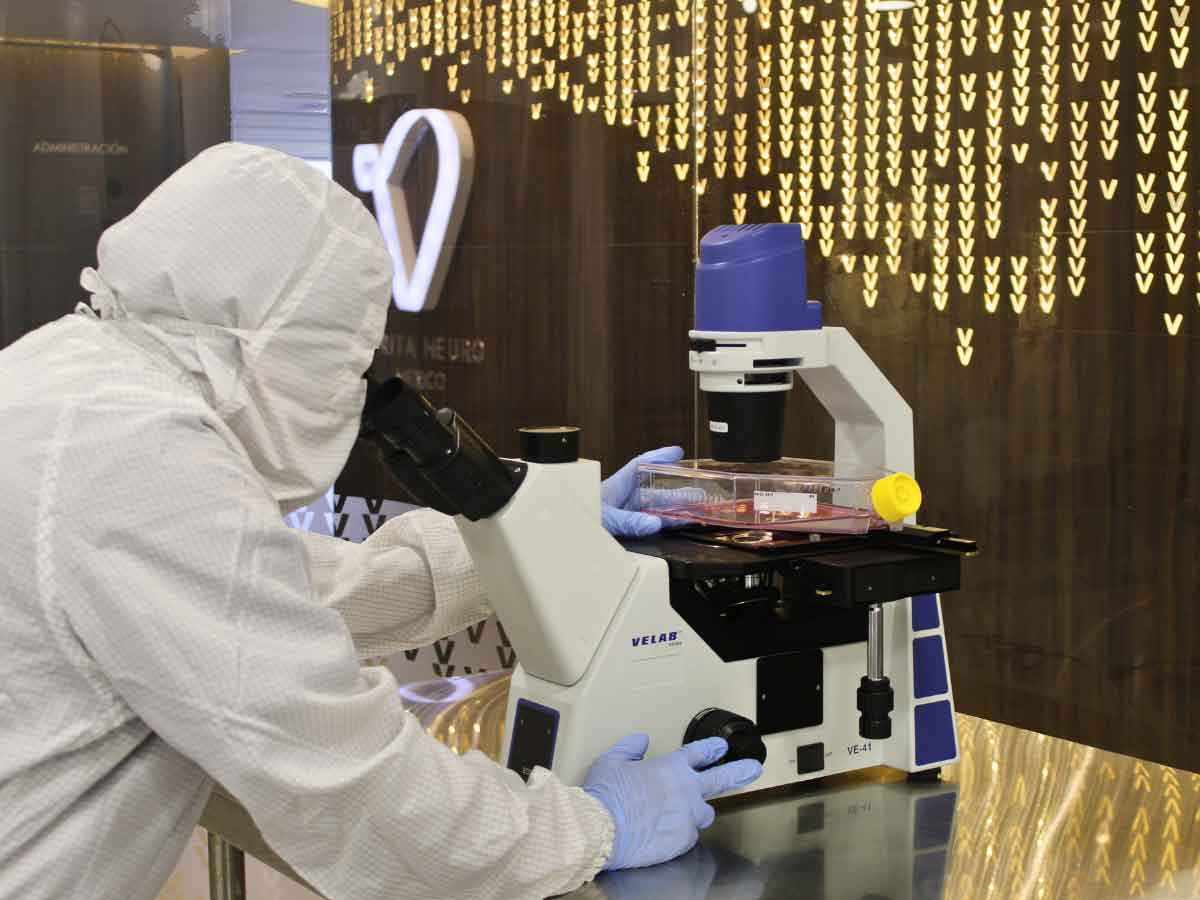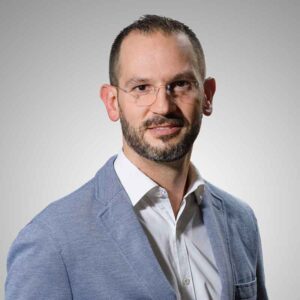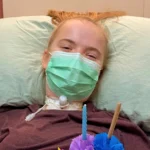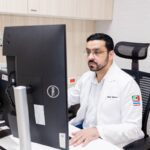Stem cell treatment, or regenerative treatment, is widely acknowledged to be one of the most exciting neurological treatments available at the present time. Stem cells play an integral role in the majority of our treatment provisions at Verita Neuro. Even alongside our world-leading epidural stimulation treatment, we offer stem cell therapies to boost the efficacy of the treatment. We are committed to offering the best treatment possible and our clinic in Mexico is unique. In addition to the range of physical and neurosurgical treatments we offer, we also offer stem cell treatment, using our in-house state-of-the-art stem cell laboratory.
The Verita Neuro Stem Cells Lab Project
Building a stem cell lab requires a great deal of planning. There are very particular conditions that need to be met in order to ensure the quality and sterility of stem cells. Specialized standards of sealing, ventilation and extraction are required. We also required cutting-edge technology such as a laminar flow hood, high-resolution microscopes, two incubators and an ultra-deep freezer which preserves cells at -86°C. When building the lab at Verita Neuro Mexico, we leant into the expertise within our team and utilized the input and co-operation of the entire international team. We brought in a specialist team of designers and architects to create a top quality laboratory, using the finest standard of materials and construction. The lab is managed by an expert team with vast experience, including four PhD researchers. The results have been exceptional and we are so proud of the benefits we are able to bring to our patients.
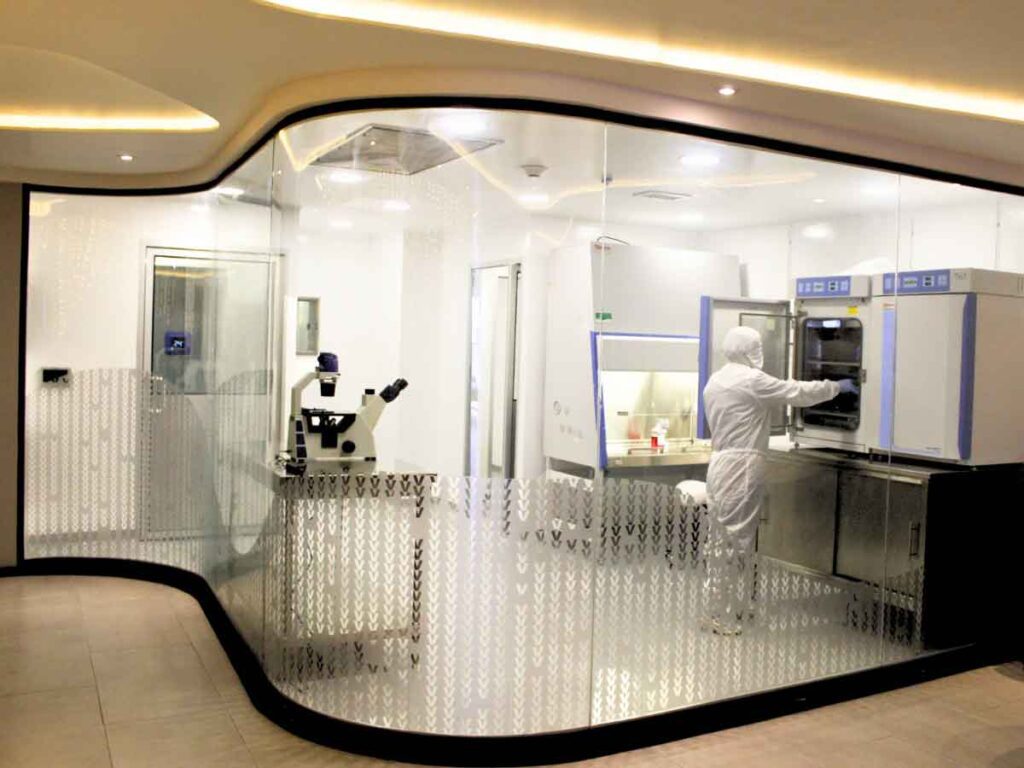
Why Did We Decide To Build The Lab
There were a number of different motivations for building the lab in Mexico. Firstly, we want to be able to better control the quality of the stem cells used in our treatment. Having the lab in-house means that we can monitor and maintain quality and purity of cell preparations and meet the rigorous standards for safety and efficacy. It also means the cells are fresh and non-frozen, prepared just before the injections are given. There is also no unnecessary transportation time, which can reduce viability. This freshness translates to enhanced potency and viability of the cells, offering patients the best possible chance for successful treatment.
Secondly, we can provide customized treatments. We treat patients with a wide range of conditions and therefore, a range of requirements from their stem cell treatment. We pride ourselves on our ability to be flexible to patients needs and have treatment be dictated by what would most benefit patients, rather than by a rigid or generic treatment protocol.
Finally, having access to our own stem cell lab means we can advance our learning and have involvement in research projects when appropriate. Our focus as a company has always been on ensuring that our patients have access to the most pioneering treatments available, so we are excited to have a space which allows us to be actively at the forefront of stem cell treatments.
It is vitally important that our patients are confident in their treatment, and the transparency offered by our cells being prepared in house plays a role in this. There is no third party, or reseller involved, so patients are dealing only with the company they chose to be involved with i.e. Verita Neuro. Stem cells are prepared in front of the clients and the process can even be observed through the glass wall of the lab!
What Happens In Our Stem Cell Lab
Our stem cell laboratory cultivates and cryopreserves allogeneic mesenchymal stem cells using this state-of-the-art technology. These cells are used by our medical team in cell therapies and research protocols of different branches of medicine such as neurology, skeletal muscle and wellness.
There are two types of laboratories:
- Cell culture laboratory
Equipped with ISO 5 class 100 biosafety cabinets, these labs have ISO 6 class 1000 cleanroom. - Quality control laboratory
Carrying out quality assurance, these labs undertake tests on the cellular product, as well as environmental monitoring of the ISO 6 class 1000 room.
Our laboratory is involved with a technological process of cell expansion, where millions of mesenchymal stem cells are obtained from an umbilical cord sample.
This means that not many donors are needed, which, along with careful selection and control, reduces the risk of contagion. The isolation and culture of mesenchymal stem cells is carried out through the use of GMP (Good Manufacturing Practices) products, following national and international manufacturing and administration standards, which allows us to offer a product with superior quality and safety to that of other laboratories.
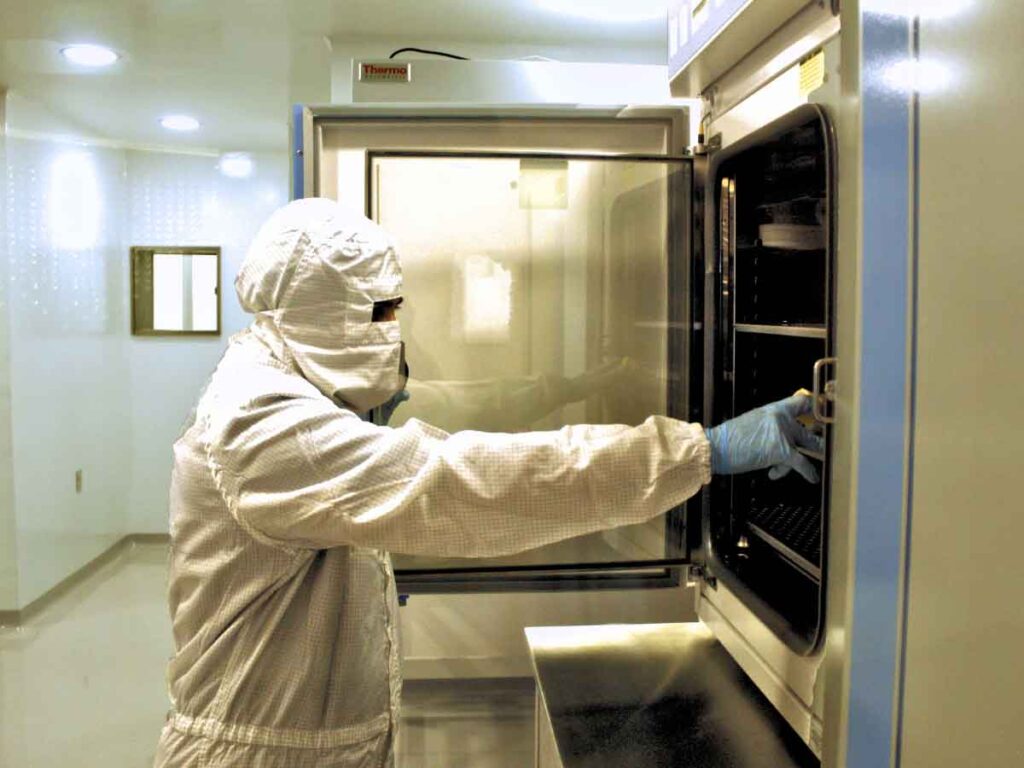
The process of obtaining mesenchymal stem cells is divided into several steps:
- Selection
We select the donor during the first trimester of pregnancy, in order to allow the team to carry out rigorous medical follow-up. The selection process involves approval by the attending physician, which includes a review of the complete medical history to ensure no evidence of infections or hereditary or degenerative disease. It is essential that the donor is in excellent health and the lab will test for transmissible infectious agents. - Tests
Extensive umbilical cord examinations are performed in order to obtain a safe and quality cell line. With the blood samples taken in each donation, tests are performed for the detection of transfusion-transmissible agents prior to therapeutic use.
The following infections are tested for:
- Treponema pallidum;
- Virus B de la hepatitis;
- Virus C de la hepatitis;
- Human immunodeficiency virus types 1 and 2.
- Trypanosoma cruzi;
If the physician deems it necessary, tests are also carried out for:
- Brucella;
- Plasmodium;
- Cytomegalovirus; o Toxoplasma;
- HTLV retroviruses types I and II.
- Other agents.
In addition, during the process of insulation, expansion and production of mesenchymal stem cells, we test to assure sterile cultures. Once the sample obtained from the umbilical cord has been processed in our laboratory, the technological process begins.
- Purification (Isolation)
Because the tissue obtained contains different types of cells, it is necessary to perform an isolation process, to ensure we obtain mesenchymal stem cells only. - Expansion
Once separated, the mesenchymal stem cells are prepared in a culture for expansion. Testing is carried out to confirm that only mesenchymal stem cells remain within the sample, both through lab tests and third-party testing. - Cultivation
Stem cells are grown in special incubators, with rigorous monitoring and control for their optimal development. - Microbiology and cell counting
When the cultures are ready, the cells are analyzed and quantified to determine how much each dose contains. - Dosage
The cells are dosed and prepared for cold preservation. Each cell dose is processed in the laboratory to assess the viability and quantity of cells. - Deep-freezing
Mesenchymal stem cell storage requires deep-freezing for safe preservation. Each vial is stored at a temperature of -86°C. - Application.
Once frozen, the cells are ready to be processed, when needed, for immediate application.
For patients with spinal cord injury, neurological disorders or traumatic brain injury, regenerative treatment from stem cells can offer excellent results. We have seen patients experience incredible improvements in their conditions, from regaining sensory functions to improving motor functions, such as stepping and balance. To learn more about all the regenerative treatment protocols available through Verita Neuro, and the possible improvements you could see, get in touch with our expert team.
References
- Dupuis, V., Oltra, E. Methods to produce induced pluripotent stem cell-derived mesenchymal stem cells: Mesenchymal stem cells from induced pluripotent stem cells. World J Stem Cells. 2021 Aug 26; 13(8): 1094–1111.
- Mushahary, D., Spittler, A., Kasper, C., Weber, V., Charwat, V. Isolation, Cultivation, and Characterization of Human Mesenchymal Stem Cells. Cytometry 2018 Part A 93A: 19-31,

